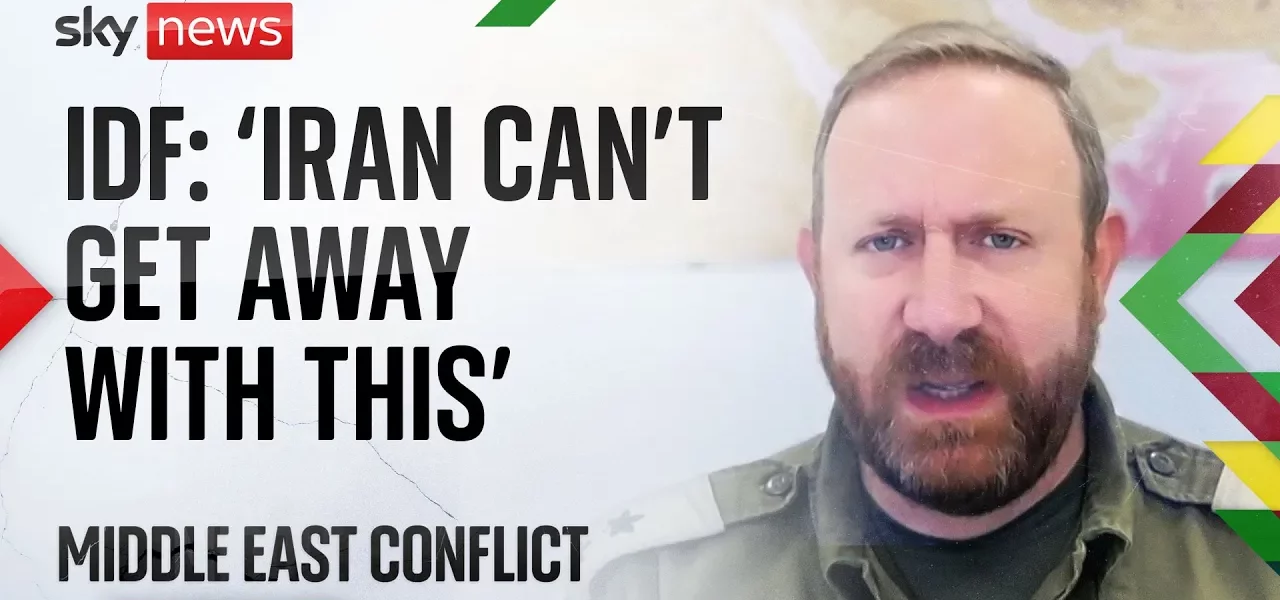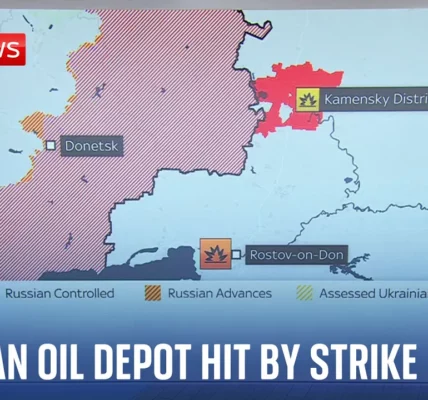Israel’s Response to Regional Attacks: A Comprehensive Analysis

This article delves into Israel’s military strategies and responses to recent provocations, particularly focusing on Iran’s role in regional destabilization and the implications for security in the Middle East.
Introduction
Recent events have escalated tensions in the Middle East, particularly concerning Israel’s security and the actions of Iran. The indiscriminate firing of 180 ballistic missiles towards Israeli territory has prompted urgent discussions about military responses and geopolitical strategies. Israeli officials, including the Prime Minister and IDF spokespersons, have indicated a commitment to addressing these provocations decisively. This article provides an extensive overview of Israel’s potential responses, the implications of Iranian influence, and the broader context of regional security.
Israel’s Military Response Options
In light of the recent missile attacks, Israel has a diverse array of military tools at its disposal. The Israeli defense strategy is multifaceted, designed to address immediate threats while considering long-term security.
Types of Military Tools
- Airstrikes: Targeted strikes against missile launch sites and military infrastructure.
- Cyber Operations: Disrupting enemy communications and command structures.
- Intelligence Operations: Gathering information on enemy movements and plans.
- Ground Operations: Deploying troops for strategic positioning and direct engagement.
Strategic Considerations
When formulating a response, the Israeli government evaluates various factors:
- The immediate threat level from Iran and its proxies.
- The potential for escalation into a broader conflict.
- The necessity of maintaining international support, particularly from allies like the United States.
The Role of Iran in Regional Destabilization
Iran’s involvement in regional conflicts has been a significant factor in the ongoing instability in the Middle East. The country has been accused of supporting various militant groups that threaten Israel’s security.
Iran’s Proxy Network
Iran operates through a network of proxy groups, each equipped and trained to act in its interests:
- Hamas: Engaged in direct conflict with Israel, receiving funding and military assistance.
- Hezbollah: A powerful militant group in Lebanon, armed with advanced weaponry.
- Houthis: In Yemen, capable of launching attacks against regional adversaries.
Impact on Israeli Security
The presence of these groups poses significant threats to Israel:
- Increased missile attacks from multiple fronts.
- Challenges in intelligence gathering and operational planning.
- Heightened tensions with neighboring countries.
The International Community’s Response
The role of international allies, particularly the United States, is crucial in shaping Israel’s response strategies. Recent statements from U.S. officials emphasize the importance of a calibrated approach.
U.S. Support for Israel
The U.S. has consistently affirmed Israel’s right to self-defense:
- Military aid and cooperation.
- Diplomatic support in international forums.
- Intelligence sharing to enhance security measures.
Calls for Restraint
While supporting Israel, the U.S. also advocates for a response that does not escalate into widespread conflict:
- Encouraging dialogue with allies in the region.
- Avoiding actions that could provoke further aggression from Iran.
- Maintaining a focus on long-term peace and stability.
Conclusion
As Israel navigates the complex landscape of regional security, the need for a decisive yet measured response to provocations from Iran remains paramount. The diverse military options at Israel’s disposal, coupled with the strategic support from international allies, will shape the nation’s actions in the coming days and weeks. It is crucial for Israel to assert its right to self-defense while also working towards a more stable and secure future for the region. For ongoing updates and insights into Middle Eastern security dynamics, explore our related articles on regional security and military strategies.
“`




